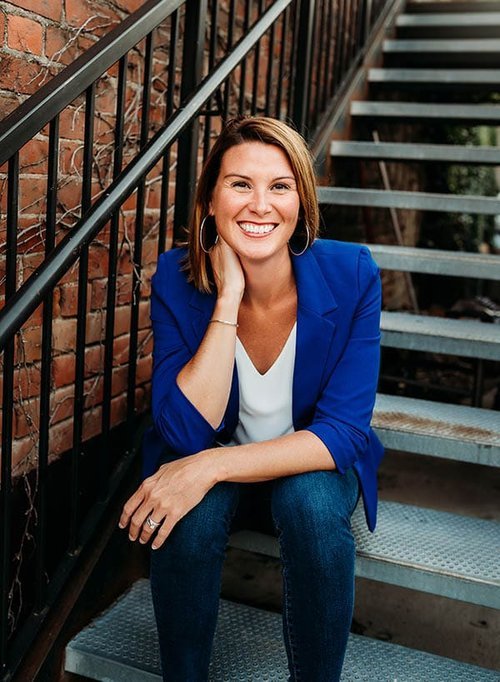Discernment, “the ability to understand inner qualities or relationships” Websters. Did you know there is a unique kind of marriage counseling that does just that? i.e. focuses on the ability to understand your marriage? I recently had the pleasure of meeting a discernment counselor, Liz Wollmann, LICSW of Resolve Mediation & Therapeutic Services, L.L.C., and she graciously agreed to spend some time educating me about this type of counseling.
I began our meeting by asking Liz what discernment counseling is. She explained that it is a form of counseling meant to contemplate next steps for a marriage. The participants strive to gain clarity on what is to come in their relationship. Many of these participants are at a crossroad. Most often, one person is “leaning in” while the other is “leaning out.” The person who is “leaning in” is the party who is vested, wants to salvage the marriage, and tends to give to the relationship in order to stay together. In contrast, the person who is “leaning out” is the party who is unhappy or ambivalent and likely wanting to end the relationship.
In her sessions with clients, Liz will usually begin with an initial session that lasts about 2 hours. Subsequent sessions are 90 minutes and involve breaking off into individual sessions with spouses and providing a summary to the other spouse. The couple is then brought together for the remaining time. At the conclusion of each session, the couple will decide whether to reconvene for a subsequent meeting. Typically, couples will meet up to five times for one session a week.
In discernment counseling, the focus is on giving motivated couples greater confidence in prospective decision making. It gives them the opportunity to consider options going forward for their relationship. Individuals will be able to share how they are feeling, focus on their individual contributions to the problems in the marriage and commit to change in order to improve the marriage. On the other hand, the couple may choose to end the marriage. Specifically, couples can decide to commit to one of three paths: Path One- keeping their relationship status quo wherein they stay in the marriage and do not commit to counseling; Path Two- taking the separation or divorce path or Path Three- removing divorce from the table for 6 months by committing to an all-out effort in couples counseling followed by a decision about the long-term future.
I asked Liz how this counseling can be most beneficial, “It’s helpful to be able to say you explored all facets of your marriage and you can be more confident in your decision going forward. Whether the couple decides to stay together or not, they can say at least that they did the work to gain insight on ways to make individual positive changes outside the marriage for future relationships.”
Interestingly, a study of 100 cases (Doherty, Harris & Wilde 2016) revealed that 48% chose path three (i.e., commitment to counseling), 42% chose path two (separation/divorce) and 12% chose path one (maintain status quo.) Further, about 40% were still married two years after discernment counseling. More recent studies (Brink Project involving 952 cases of 73 certified discernment counselors around the country) are even more encouraging: 51% chose path three, 30% chose path two and 19% chose path one.
If you think you and your partner could benefit from discernment counseling, Liz Wollmann would be happy to guide you through this innovative approach. She can be reached at:
Resolve Mediation & Therapeutic Services, L.L.C.
resolvetherapyservices@gmail.com
As always, your team at McGill Law is also here for you. Serving you in our Omaha, Bellevue, and Lincoln offices. Give us a call with any questions or concerns.


